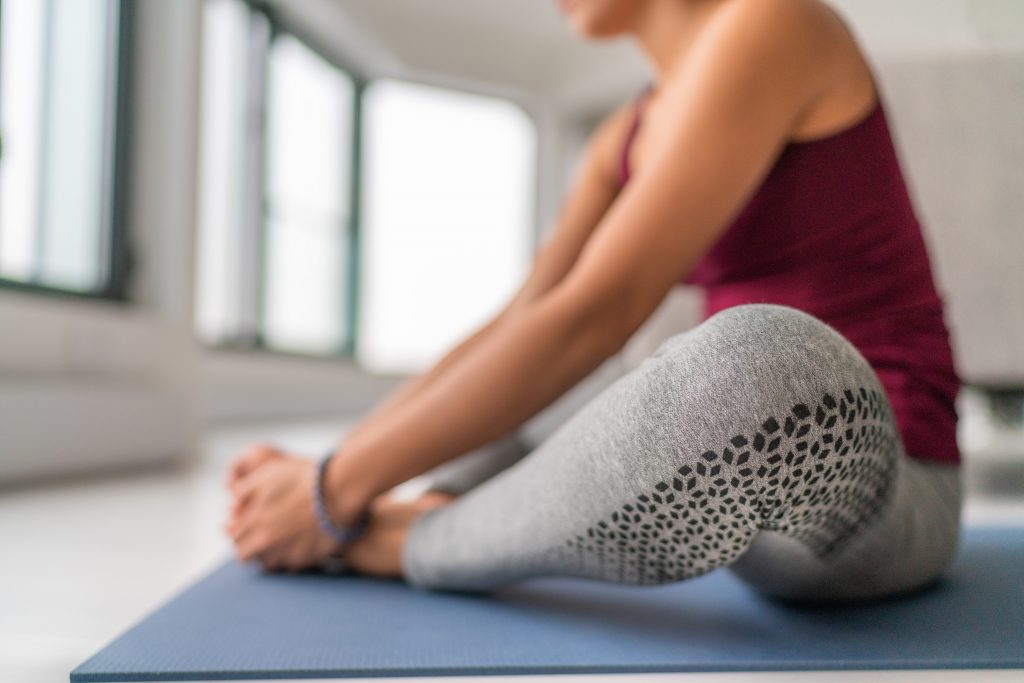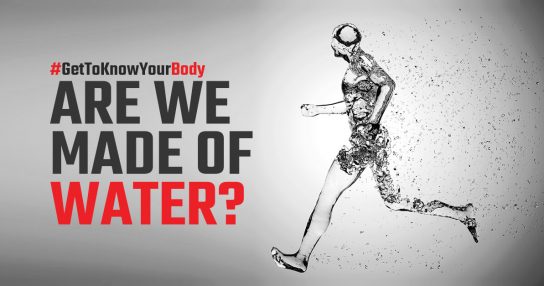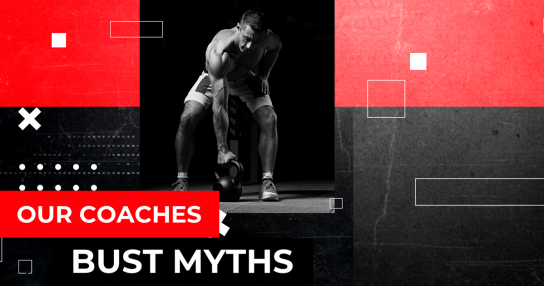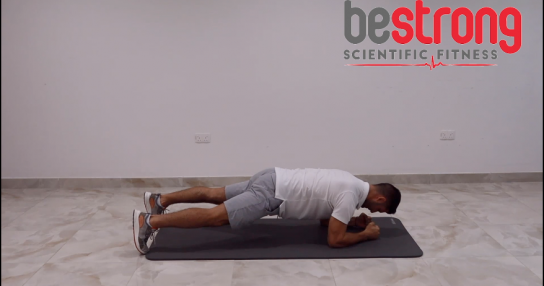The importance of Ramadan is magnificent in terms of religion – Holy month for Muslim people all around the world. The beauty of Ramadan is also about family reunion and gathering with friends for Iftar. The month of sharing and carrying.
But this year, unfortunately, will be different. It will be challenging for different reasons. Because of that, this Ramadan could be the month of change – personally, locally and globally. That change is starting with one person and that is you. You need to fight for the most important thing on the world, especially now. It is your own health.
Being healthy today mean sleeping normally, eating properly and exercising regularly. Now you are asking yourself how I can do all that during Ramadan when everything is different? Well, to be honest, it is possible. For example, around half of the Be Strong Dubai clients are fasting. They are applying everything what we will mention hereinafter to keep themselves healthy, energized and strong (already 4 years since Be Strong Dubai exist). How? We will show you now.

SLEEPING – One of the biggest impacts on an individual who is fasting could be sleeping disorders during Ramadan. But not necessarily. If you make a good plan, you can make a big difference. During the night, set your schedule to sleep between 23:00 and 02:00 because this is the most important period where your brain can restart and allow your hormones to work in full potential in terms of recovery. After Suhoor, you can sleep 2-3 hours more, just before the work, and after work, you can sleep 2-3 hours again before training or Iftar. An adult person should sleep between 7-9 hours, so if you calculate it, you are in that zone, not constantly but still better than being awake all night, especially when we talk about health benefits. “Although the sleep cycle of the studied sample shifted during Ramadan among fast observers, there is no objective evidence for increased sleepiness during fasting.” (Ahmed S. Bahamas, Abdulrhman M. Alaseem et Muniz M. Sharif, 2013)

EATING AND DRINKING – The first thing that people feel during fasting is dehydration, which is not harmful to health (studies show) as long as you rehydrate yourself immediately after fasting during Iftar. Refuel yourself first with plenty of fluids like water, fresh juices, soups, and laban, avoid soft drinks and coffee in general. After dehydration comes to hunger. Don’t eat too fast, avoid fried, salted, spicy and sweet(s) food. Focus on whole grain food, fruits, vegetables, grilled meat, and fish. During Suhoor drink plenty of fluids and wholegrain food again, to keep yourself full-fed during the fasting period. By eating properly during Ramadan, you can lose weight and be more energized, but you should be aware to keep these habits after Ramadan as well. “Although weight has been decreased during Ramadan in most of the studies, weight regain is prevalent during the following months.” (Mohammed Hossein Rouhani et Leila Azadbakht, 2014)

EXERCISE – Training programs should be modified to meet your goal and current condition. Intensity and volume of training should be reduced by your personal trainer and from yourself. Do not expect big progression in terms of performance, just focus to keep yourself active and keep the levels of your overall fitness similar to those before Ramadan. Focus on mobility and core exercises more than before because of longer hours of sitting or lying down to prevent postural problems and pain sensations in your neck, shoulders, and back. Strength training should remain similar when it comes to the choice of exercises, but lifting weights and repetitions should be reduced. At the end of the training, focus on flexibility and breathing exercises. Timing for training should be just before Iftar or after Iftar to finish training before 22:30. After Iftar, go for a 10-15 min walk, in order to digest food faster. “Ramadan promotes the ability of the body to better utilize lipid at rest and during exercise. If exercise training is done during Ramadan, these adaptations are more pronounced.” (Stephen R. Stannard, 2011)
Maybe you thought it is difficult, but you saw from our advice on how to manage yourself during Ramadan and to remain healthy, energized, and strong. Be a good example for yourself and you will be a good example for your family and friends. We should care about our health more than ever. Let Ramadan be a month of change.
Ramadan is here and you should be ready.
Ramadan Kareem
Be Strong Dubai Team









